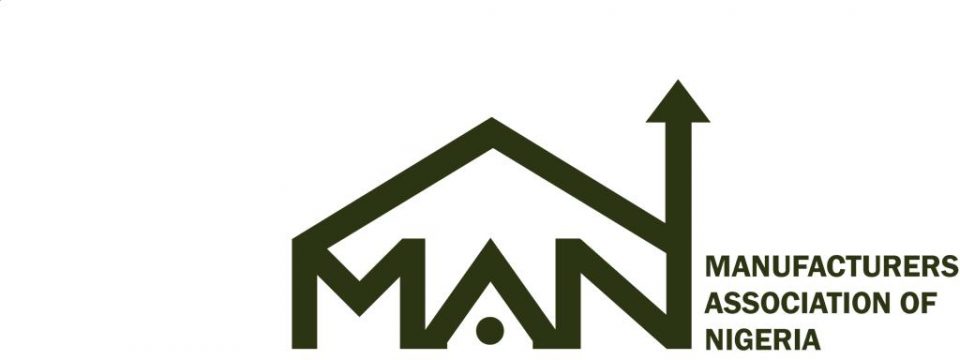Photo caption: MAN logo
By Charles Okonji
The Manufacturers Association of Nigeria (MAN) has warned that the proposed increase in electricity tariff is injurious to the well-being ofthe sector in particular and to the country’s economy in general.
The once vibrant manufacturing sector which has over the years suffered a persistent dwindling growth due to unfavourable economic policies, cannot afford to experience another setback.
The Director General of MAN, Mr. Segun Ajayi- Kadir, who raised the alarm in a press statement noted; “The proposed increase in electricity tariff is inimical to the competitiveness of Nigerian products and businesses as it will further exacerbate the impact of high cost of production, worsen the current inflationary pressure, aggravate the pressure on the disposable income of the average Nigerian, increase the unsold inventory of manufacturers, erode their profit margin, increase unemployment rate and lead to closure of more private businesses.”
Ajayi-Kadiri noted that electricity is a critical input in manufacturing processes, saying that it has significant impact on production cost and prices of products.
He lamented that incessant increase in electricity tariff in Nigeria is hindering the performance of the sector and growth of the economy.
“Incidentally, no nation can attain significant industrial development without energy security, which is timely access to sustainable and cost-effective energy.
“Sustainable and low-cost energy supply provide incentives for scale production and competitiveness of the industrial sector. It was based on the critical importance of energy security in achieving the industrial aspiration of Nigeria, that the Power Sector was privatized in 2013 to improve the scale of energy supply to the nation, particularly the industries.
“Unfortunately, this particular privatization has not yielded the desired results. It is widely believed that this is because the operators in the value chain lack the technical and financial capacity to operate and deliver optimally.
“The installed capacity has been consistently put around 10,000MW and it has not been fully utilized due to the limited capacity of the GenCos and DisCos to generate and distribute adequate electricity supply nationwide. Despite the inability to meet the consumer demand, we have witnessed consistent increase in tariff without a commensurate and good quality supply.
“According to NBS, the electricity supply stood at 5,909.83 (Gwh) in Q2 2023 but reduced to 5,769.52 (Gwh) in Q1 2024 and 5,612.52 (Gwh) in Q2 2024 when the tariff increase of over 230 percent was implemented. Thus, indicating 5.03 percent decrease year on year and 2.72 percent quarter on quarter.” The DG stated.
He maintained that MAN has severally advocated for increase in electricity supply from the abysmal average of 4,000MW of electricity per day for over 200 million people, insisting that Nigeria needs more than 30,000MW of electricity to appreciably meet the growing electricity demands by businesses and households in the country.
In his words: “The persistent increase in tariff means that consumers will continue to bear the brunt of the inefficiency in the electricity value chain. As it stands, manufacturers are disadvantaged as the increase cannot be transferred to consumers who are currently battling with low purchasing power.”
The MAN DG urged the government to commission a review of the performance of the DisCos after the last unwarranted increase; conduct a study on the impact of the increase on the manufacturing sector in particular, and businesses and households in general; sincerely and critically interrogate the so-called cost reflective tariff template of the DisCos, and audit their level of commitment to investment in distribution infrastructure.



